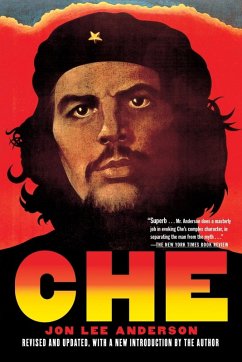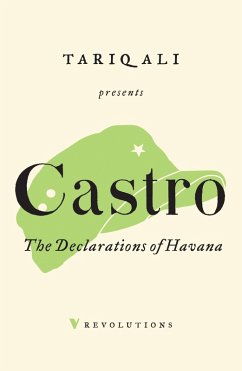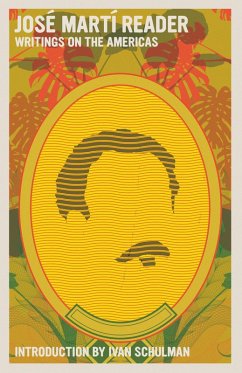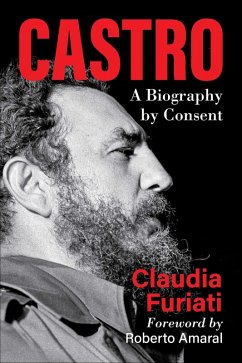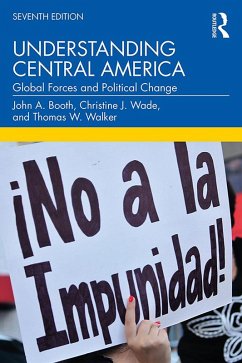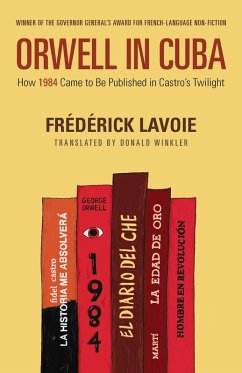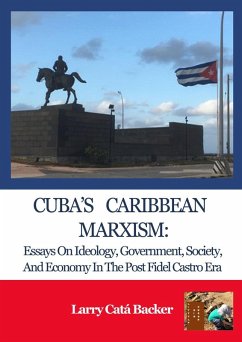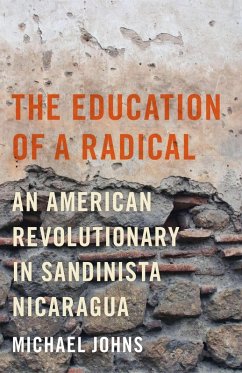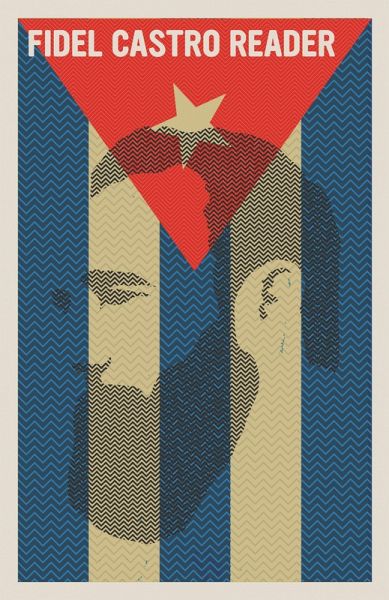
Fidel Castro Reader (eBook, ePUB)
Versandkostenfrei!
Sofort per Download lieferbar
9,95 €
inkl. MwSt.
Weitere Ausgaben:

PAYBACK Punkte
5 °P sammeln!
A comprehensive anthology with more than 30 speeches that span five decades by Fidel Castro, one of history's greatest orators. Emerging in the 1960s as a leading voice in support of anticolonial struggles, then continuing to play a role in the antiglobalization movement in the subsequent decades, Fidel Castro was an articulate and penetrating-if controversial-political thinker and leader, who outlasted ten US presidents. Covering five decades of Fidel's speeches, this selection begins with his famous courtroom defense ("History will Absolve Me"), and also includes his speech on learning of Ch...
A comprehensive anthology with more than 30 speeches that span five decades by Fidel Castro, one of history's greatest orators. Emerging in the 1960s as a leading voice in support of anticolonial struggles, then continuing to play a role in the antiglobalization movement in the subsequent decades, Fidel Castro was an articulate and penetrating-if controversial-political thinker and leader, who outlasted ten US presidents. Covering five decades of Fidel's speeches, this selection begins with his famous courtroom defense ("History will Absolve Me"), and also includes his speech on learning of Che Guevara's death in Bolivia, his analysis of the collapse of the Soviet Union, and his response to the 9/11 terrorist attacks. With his declining health and the emergence of new leaders such as Hugo Chávez in Venezuela and Evo Morales in Bolivia, this book sheds light not just on Castro's mighty role in Latin America's past, but also on his legacy for the future. Love him or hate him, this anthology demonstrates that Fidel Castro is a "master of the spoken word," as Gabriel García Márquez has described him. The Fidel Castro Reader includes a chronology of the Cuban Revolution, an extensive glossary and index as well as 24 pages of photos.
Dieser Download kann aus rechtlichen Gründen nur mit Rechnungsadresse in A, B, BG, CY, CZ, D, DK, EW, E, FIN, F, GR, HR, H, IRL, I, LT, L, LR, M, NL, PL, P, R, S, SLO, SK ausgeliefert werden.




